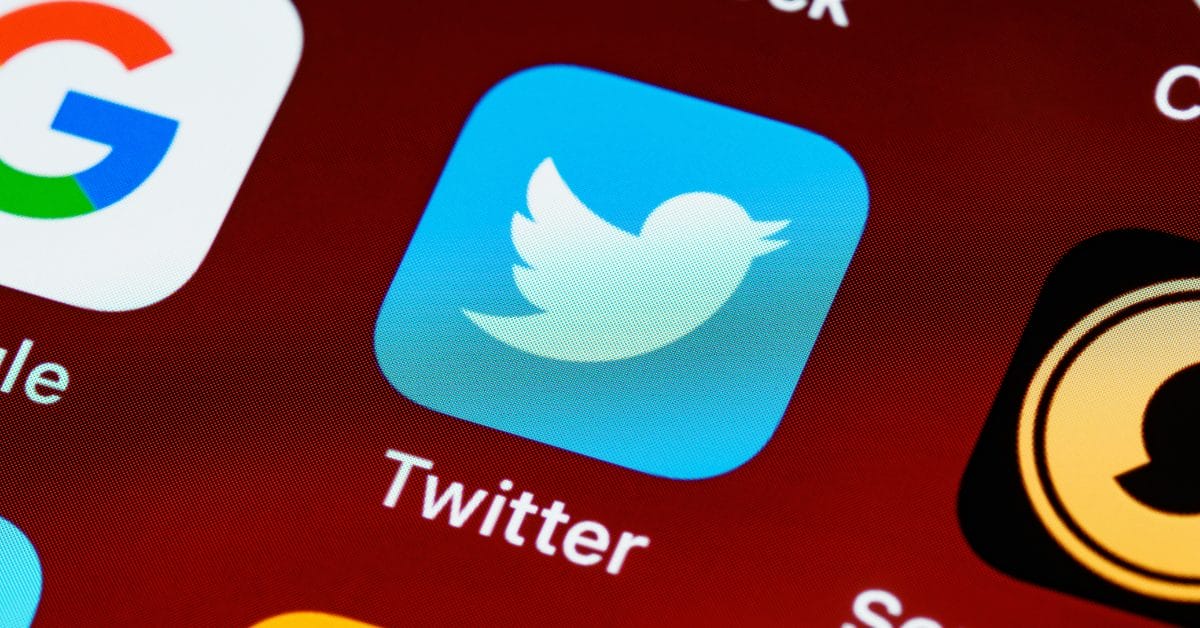Balanced nutrition is essential for a good quality of life. Throughout history, the malnourished, poverty stricken and the overindulgent have all suffered from severe health problems. The problem today is that there is so much conflicting advice that it can be hard to know where to start. Coupled with the fact that we, as a society, are more impressionable than ever, meaning that we can be brainwashed by those who have ulterior motives and a big budget to do so. Atkins, paleo, keto, vegan are just some of the options available, but what you eat is only 1 part of equation. When you eat also should be considered as well as your medical history and lifestyle.
What to eat?
As a front-line medic it can be very difficult to eat well. You’re usually only a few miles from a Greggs and so eating well needs to become a lifestyle change as opposed to a fad diet that you stick to for a few months and then fall off. As well as this, meal preparation is key in order to avoid being caught out without food and therefore being sucked back into the golden arches.
I spoke to a good few dieticians, doctors, and nutritionists and there is a clear winner in terms of approach. The ketogenic ‘keto’ diet possesses clear advantages over other types of diets and is characterised by a high-fat, moderate-protein, and low-carbohydrate diet. Now I know what you’re thinking, how could I possibly survive without carbs? Well the answer is you won’t just survive…you’ll actually thrive.
Don’t get me wrong, the first few days are tough (definitely schedule these for a set of rest days) whilst your blood sugar stabilises but once you push through these something interesting starts to happen. Your body begins to enter into a state of ketosis (fat burning) which is not only fantastic for weight loss but also your mental focus and cognitive function. Ketones are dubbed as ‘superfoods’ for the brain and have been evidenced to make people sharper when undertaking mentally stimulating work (such as treating a patient). In addition to this, you won’t be a victim or blood sugar spikes and crashes that normally occur as a result of carbohydrate consumption. Which means you can undertake your shift with more energy, more brainpower, and less fatigue. What’s not to like!?
After about 2 weeks something else interesting happens. You stop craving sugary foods and your body starts to become efficient at burning fat as opposed to carbohydrates. This phenomenon explains how roman soldiers were able to run marathons on just meat, fat, and vegetables (I’m not a historian but I’m certain that tangfastics and sausage rolls weren’t around in those times!).
At this point, you might be saying well aren’t we taught that lots of dietary fat is bad for you and makes you fat? The answer is, it can do depending on the type of fat consumed. There are 2 types of fat here in question. Low Density Lipoproteins (LDLs), which line the walls of your arteries and cause CVAs, MIs, Dementia etc are derived from animal fats such as meat, processed foods, and sugar. That’s right, sugar. When you consume sugar and your liver becomes full and cannot physically store any more, you transform it into Ultra Low Density Lipoproteins (ULDLs) which is the worst type of fat going. So the key message here is that excessive consumption of animal fats, processed foods and sugar is not good and will make you gain weight.
However, fat makes our hormones, cell walls, and is responsible for so many important bodily processes and so we need it to survive. That’s where High Density Lipoproteins (HDLs) come in. They are responsible for taking the LDL from your arteries and taking it back to your liver to be destroyed and can be found in oily fish, nuts, seeds, avocados and olive oils. As you are not consuming carbohydrates you will need to consume plenty of these in order to maintain your energy levels throughout your shift.
1 more thing. Good fats (which are super high in calories) DO NOT make you fat people! If you drank a bottle of olive oil (which has about 8000 calories in it) you wouldn’t put on weight would you? That’s because your body will use those calories differently depending on what they’re made from (protein, carbohydrate, or fat). So don’t be afraid of eating lots of good fats, they are most certainly what we were designed to consume for energy…not sugar. You might say well hang on, back in neurology class my lecturer said to me that the brain relies on a very constant supply of oxygen and glucose to function? They would be right. But you body can make the sugar it needs from non-sugary substances in a process called gluconeogenesis and so there’s not reason to be tanking the coca-cola!


